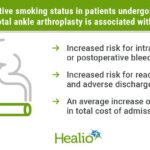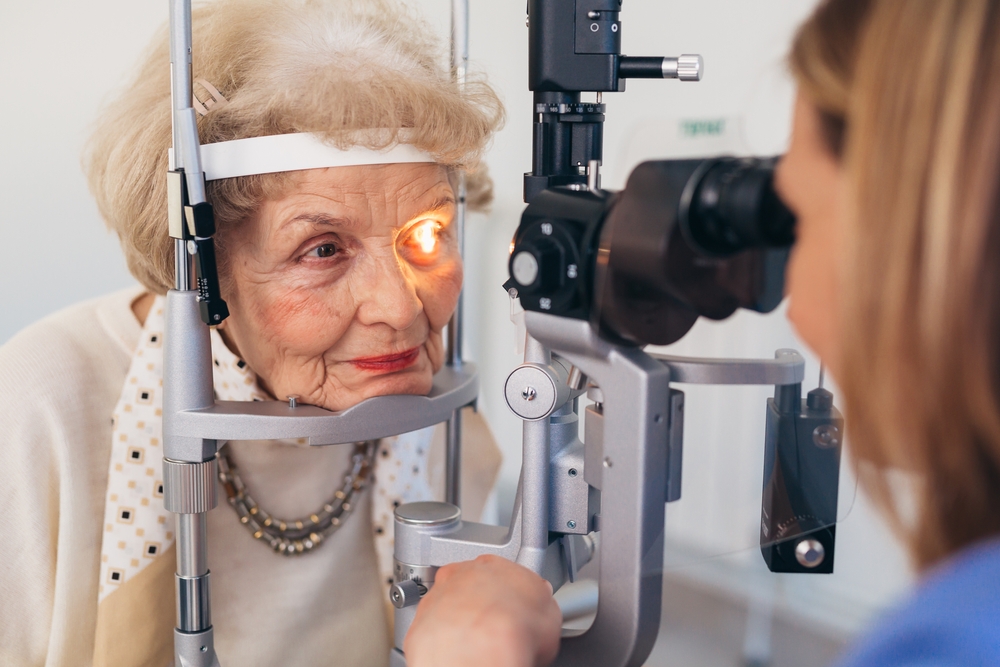 Protecting your vision doesn’t have to be complicated or costly. Decades of peer‑reviewed research show that specific nutrients—especially antioxidants, carotenoids, and omega‑3 fatty acids—can help maintain healthy eyes and reduce the risk of common conditions like cataracts, age‑related macular degeneration (AMD), glaucoma, and diabetic retinopathy. While a colorful, nutrient‑dense diet is foundational, therapeutic levels are often difficult to reach through food alone. This guide summarizes key nutrients, food sources, and targeted supplements, drawing on nearly 25 years of research curation at Natural Eye Care and over 45 years of clinical experience by Dr. Marc Grossman.
Protecting your vision doesn’t have to be complicated or costly. Decades of peer‑reviewed research show that specific nutrients—especially antioxidants, carotenoids, and omega‑3 fatty acids—can help maintain healthy eyes and reduce the risk of common conditions like cataracts, age‑related macular degeneration (AMD), glaucoma, and diabetic retinopathy. While a colorful, nutrient‑dense diet is foundational, therapeutic levels are often difficult to reach through food alone. This guide summarizes key nutrients, food sources, and targeted supplements, drawing on nearly 25 years of research curation at Natural Eye Care and over 45 years of clinical experience by Dr. Marc Grossman.
Why Nutrition Matters for Eye Health
Roughly 250 million people worldwide live with some level of vision impairment.1 Growing evidence highlights nutrition—especially antioxidants—and how targeted vitamin and mineral supplementation can help prevent or slow eye diseases.2 3 4 5 Although these studies appear in ophthalmology and optometry journals, this approach is not always emphasized in conventional care, so individuals often seek integrative strategies to support long‑term vision.
Diet First, Then Targeted Supplementation
A balanced diet rich in colorful fruits and vegetables, plus seeds and nuts, provides many eye‑supportive nutrients. However, therapeutic intakes for prevention or management can be challenging due to modern schedules, variable food quality, and early harvesting. Farm‑to‑table is ideal but not always practical—making evidence‑based supplementation worth considering to support the body’s natural defenses.
Key Nutrients for Eye Health
Vitamin A
What it does: Supports the retina’s light‑sensing photoreceptors and low‑light vision; helps maintain a healthy, lubricated cornea. Deficiency can cause night blindness, dry eyes, Bitot’s spots, corneal ulcers, and, in severe cases, blindness.
Top foods: Eggs, fish, liver, dairy; beta‑carotene–rich produce like carrots, sweet potatoes, squash, red bell peppers, spinach, kale, Swiss chard, apricots, mangoes, and cantaloupe.
Vitamin C
What it does: Supports collagen formation and the integrity of the lens, cornea, and vitreous humor, which helps maintain eye structure.
Top foods: Citrus fruits, kale, broccoli, bell peppers.
Vitamin E
What it does: Potent antioxidant that helps protect eye cells from free‑radical damage; severe deficiency can contribute to retinal degeneration and vision loss.
Top foods: Nuts, seeds, healthy oils, and salmon.
Lutein, Zeaxanthin, and Meso‑zeaxanthin
What they do: Concentrated in the retina and lens; act as antioxidants and natural filters of blue and UV light. Meso‑zeaxanthin is centered in the macula for detailed vision.
Top foods: Kale, parsley, spinach, orange/red/yellow peppers, sweet corn, pumpkin, green peas, pistachios.
Omega‑3 Fatty Acids (DHA, EPA, ALA)
What they do: DHA is abundant in the retina and is essential for eye and brain health.
Top foods: Cold‑water fish (salmon, mackerel, sardines) for DHA/EPA; flax seeds and walnuts for ALA.
Astaxanthin
What it does: A powerful antioxidant that helps counter oxidative stress and inflammation affecting ocular tissues.
Top foods: Wild seafoods like salmon and krill (supplement forms are common).
Bilberry (Anthocyanins)
What it does: Provides anthocyanins that support ocular circulation, reduce oxidative stress, and aid low‑light vision; may help with dry eye symptoms and capillary integrity.
Top foods: Fresh or frozen bilberries (great in smoothies).
Taurine
What it does: An amino acid concentrated in the retina; helps regulate calcium, protect photoreceptors and retinal ganglion cells, and reduce oxidative stress. Deficiency can lead to retinal degeneration.
Top foods: Seafood (especially scallops, mussels, clams), dark poultry meat, tuna; vegetarian source: algae.
Zinc
What it does: Essential for forming visual pigments in the retina; deficiency may cause night blindness.
Top foods: Meat, oysters, peanuts, pumpkin seeds.
Evidence‑Based Lifestyle Approach
Thousands of peer‑reviewed studies link nutrient shortfalls to conditions such as AMD, glaucoma, cataracts, and dry eye. A comprehensive plan pairs nutrient‑dense eating with regular physical activity and targeted supplementation to help prevent eye disease and support long‑term management.
Trusted Resources and Further Reading
Suggested Supplements
Total Ocular Function Oral Absorption Spray – 30ml
Advanced Eye & Vision Support Formula (whole food) 60 vcaps
Dr. Grossman’s Advanced Eye and Dr. G’s Whole Food Superfood Multi1 20 Vcap Combo – 2 months supply
ReVision Formula (wild-crafted herbal formula) 2 oz – based on classic Chinese medicine Liver tonic formula to help support healthy circulation and blood flow throughout the eyes and body.
Dr. Grossman’s Blood Vessel Control Formula 2oz – helps reduce the risk of unwanted blood vessel growth, supports healthy circulation, reduces inflammation, and more.
Dr. Grossman’s Bilberry/Ginkgo Combination 2oz (60ml) – helps support healthy circulation, and strengthens blood vessels and capillaries.
Dr. Grossman’s Whole Food Organic Superfood Multi-Vitamin 120 Vcaps – whole food, organic, GMO free multivitamin.
H2 Elite Molecular Hydrogen 60 tabs – helps bring more oxygen to the eyes, among other benefits.
NMN Wonderfeel Capsul 60 vegcaps – helps protect ganglion cells in the retina and optic nerves from damage, reduces inflammation, supports the immune system.









